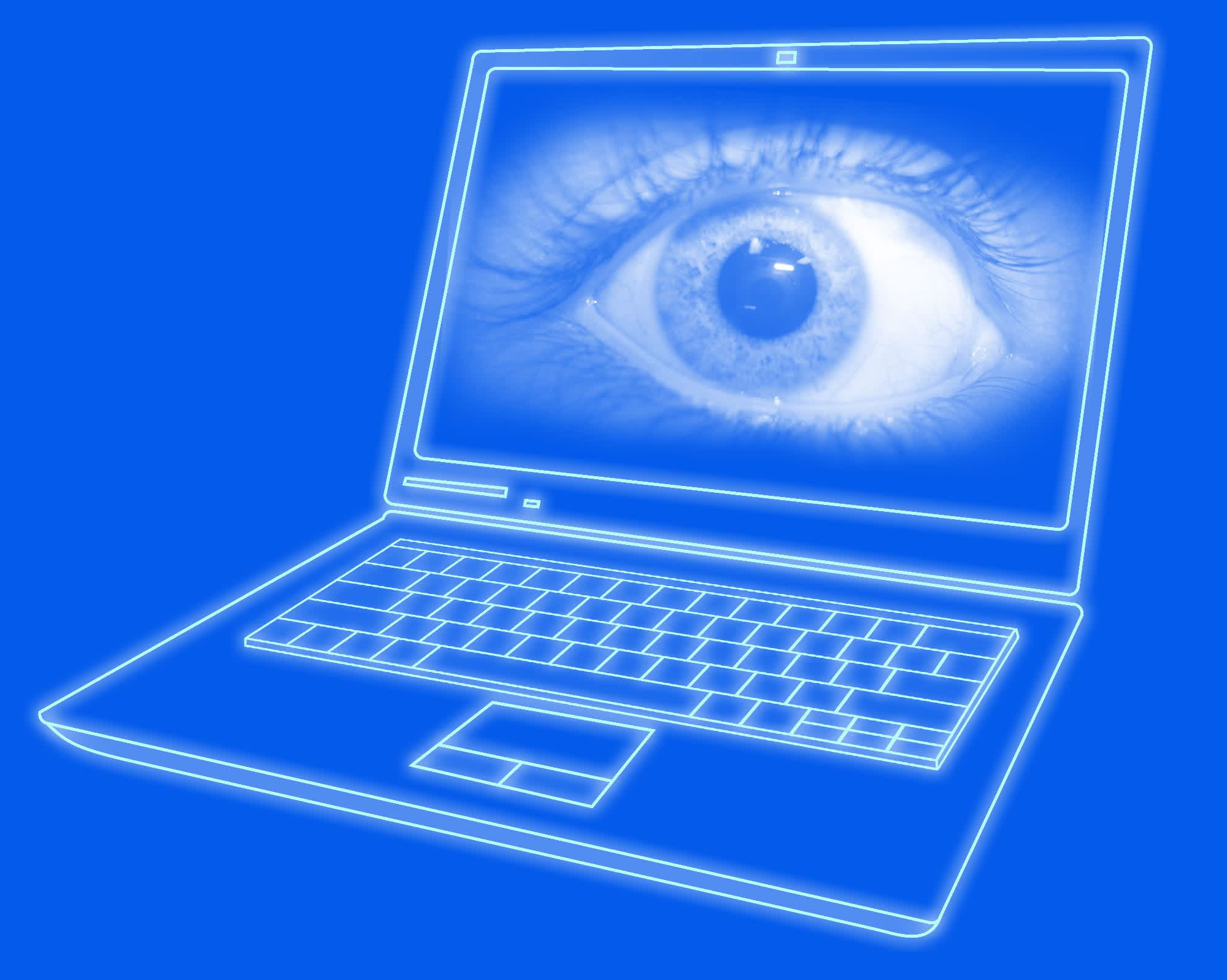WTF?! For the past few years, Microsoft has been accused of regularly violating user privacy. Compared to the classic NT-based systems, Windows 10 and especially Windows 11 are two completely different beasts in this regard.

How much data is a Windows operating system sending to online servers? According to a recent video from The PC Security Channel (TPCSC, via Neowin), the most up-to-date version of the Redmond OS is a real "talker" when it comes to telemetry and other data about users' preferences and online behavior.
Titled, "Has Windows become Spyware?," the video describes how live capture sessions can show online communication between Windows and external servers. The video creator used Wireshark, a well-known (and free) network protocol analyzer useful to see what is happening on a network "at a microscopic level."
Using Wireshark to check what a freshly-installed copy of Windows 11 was doing on a brand-new laptop, what they saw was eye-opening to say the least: just after the first boot, Windows 11 was quick to try and reach third-party servers with absolutely no prior user permission or intervention.
By using a Wireshark filter to analyze DNS traffic, TPCSC found that Windows 11 was connecting to many online services provided by Microsoft including MSN, the Bing search engine and Windows Update. Many third-party services were present as well, as Windows 11 had seemingly important things to say to the likes of Steam, McAfee, and Comscore ScorecardResearch.com, which is a market research effort that "studies and reports on Internet trends and behavior."
Many of the Windows 11 initial DNS queries where designed to provide "telemetry" data to market research companies, advertising providers and even geolocation-related domains like geo.prod.do with no permission or web browsing activity needed. The latest and greatest in the Windows line of operating systems is seemingly designed to "spy" anyone and everything from the get-go, TPCSC suggests.
As a comparison, or perhaps as a critical note about the current state of privacy in the Windows ecosystem, the YouTube channel tried the same packet-sniffing activity via Wireshark on Windows XP, which was first released in 2001.
According to their analysis, Windows XP doesn't even know what the word "telemetry" means: the first DNS traffic from the freshly-installed OS was to try and contact the Windows Update service, and that's all. No market research, no browsing tracking, nothing at all.
Some people are trying to justify Windows 11's behavior as the lesser evil in a technology world full of third-party services and online features that need to be fed data to work as intended. Answering to comments on the video, TPCSC is still warning the most knowledgeable and privacy-aware users that even when telemetry is turned off via third-party utilities, Windows 11 is still "sending things" online.
https://www.techspot.com/news/97535-windows-11-spyware-machine-out-users-control.html